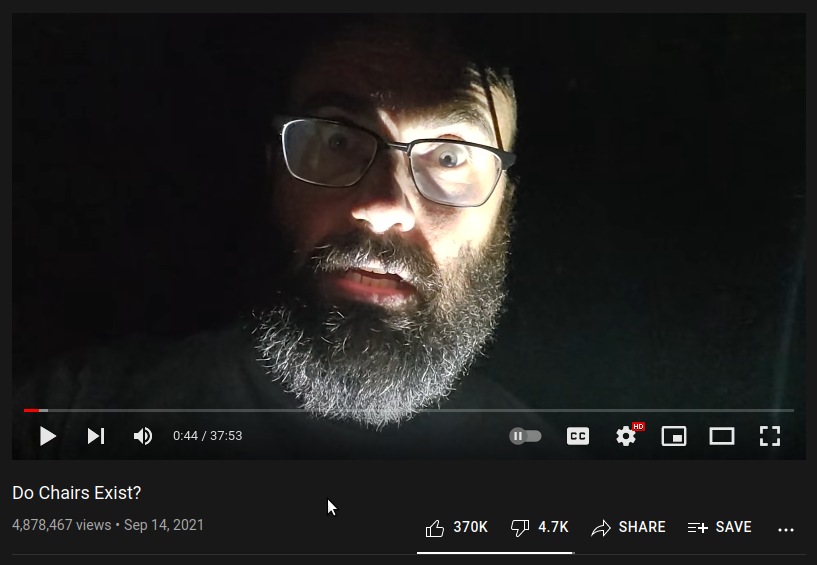YouTube, Dislikes and How the World Is Losing a Valuable Source of Critically Assessed Information
You might have heard of the recent YouTube announcement where they decided to remove public "dislike" counters from their platform.
After reading this I stopped for a moment and carefully considered what was it that made YouTube special for me. As a platform, as a source of information, news and entertainment, YouTube holds a special place in my life since a lot of my skills and achievements were made possible in part thanks to YouTube. It allowed people from all over the world freely share their ideas with anyone and everyone in the form of videos — one of the most effective ways to give and receive information on the Internet.
I quickly realized that the single most important aspect of the platform was the fact that it had a simple yet elegant way of ranking videos. 10 years ago they used a 5-star system and later switched to a familiar "bar" with a ratio based on the number of likes and dislikes the video would've received after its publication.

The reason such approach is so effective despite the simplicity lies in the way the human brain operates.
It's a Biological Computer. It Needs Data
According to Cognitive Psychology, the latest scientific approach which looks at the mind as an information processor, any system needs, well, information to process. Processing in a lot of cases comes to forecasting the future based on memory the brain has accumulated over the lifetime of an individual, combined with the information received from the real world. The brain then determines whether an event, an individual, an apparatus or anything else is safe or dangerous, useful or pointless, worthy of one's time or not.